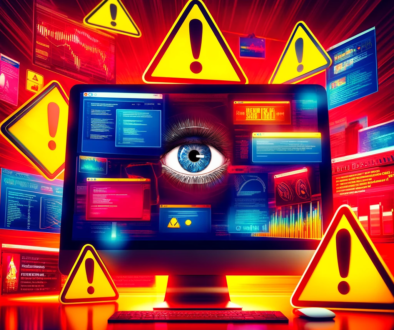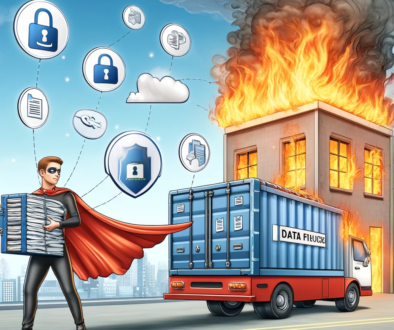Are VPNs Still Relevant In 2023?

Introduction
In recent years, virtual private networks (VPNs) have become increasingly popular as a way to protect online privacy and security. With the constant evolution of technology and the ever-present threat of cyberattacks, many people have turned to VPNs as a way to keep their personal data safe. However, as we enter the year 2023, some are questioning whether VPNs are still relevant. In this article, we will explore the current state of VPN technology and discuss whether or not they are still a necessary tool for online security.
1. What is a VPN?
Before we dive into the question of whether VPNs are still relevant, it’s important to first define what a VPN is. A VPN is a service that allows you to connect to the internet via a private network. By using a VPN, your internet traffic is encrypted and routed through a secure server, making it more difficult for third parties to intercept and track your online activity.
2. The Current State of VPN Technology
Over the past few years, VPN technology has continued to evolve and improve. Many VPN providers now offer features such as split-tunneling, which allows you to choose which apps and websites use the VPN connection, and multi-hop connections, which route your traffic through multiple servers for added security.
However, as VPN technology has improved, so too have the methods used by cybercriminals to bypass VPNs. Some hackers have developed techniques to identify and block VPN traffic, making it more difficult for VPN users to access certain websites and services.
3. The Pros and Cons of Using a VPN in 2023.
So, with the current state of VPN technology in mind, what are the pros and cons of using a VPN in 2023? Let’s take a look:
3.1 Pros:
- Improved online security: VPNs can help protect your personal data from cybercriminals and other third parties.
- Access to geo-restricted content: VPNs can allow you to bypass location-based content restrictions, giving you access to a wider range of online content.
- Anonymity: VPNs can help you remain anonymous online by masking your IP address and location.
3.2 Cons:
- Slower internet speeds: When using a VPN, your internet speed may be slower due to the extra steps required to encrypt and route your traffic.
- Not foolproof: While VPNs can improve online security, they are not a guarantee of complete protection. Cybercriminals are constantly developing new techniques to bypass VPNs.
- Cost: Many VPNs require a subscription fee, which can add up over time.
4. Are VPNs Still Relevant in 2023?
So, are VPNs still relevant in 2023? The answer to this question largely depends on your individual online habits and needs. If you frequently access public Wi-Fi networks or use the internet to handle sensitive personal or financial information, a VPN can provide an added layer of security.
However, if you primarily use the internet for browsing and don’t frequently access sensitive information, a VPN may not be as necessary. Additionally, if you find that a VPN slows down your internet speed too much, it may not be worth using.
5. Conclusion
In conclusion, VPNs are still a relevant tool for online security in 2023. While they are not a foolproof solution, they can provide an added layer of protection for those who frequently access sensitive information online. Ultimately, the decision of whether or not to use a VPN will depend on your individual needs and preferences.
6. FAQs
- Do I need a VPN for everyday browsing? Yes, if you primarily use the internet for everyday browsing and don’t frequently access sensitive information, you may not need a VPN. However, it’s important to note that even seemingly harmless online activity can be tracked and monitored by third parties. If you want to ensure your online privacy and security, using a VPN can provide added protection.
- Can a VPN protect me from all cyber threats? While a VPN can help protect your personal data from cybercriminals, it’s not a foolproof solution. It’s important to take additional steps to protect your online security, such as using strong passwords and keeping your software up to date.
- Are all VPNs the same? No, not all VPNs are created equal. Some VPNs may offer better security features and faster speeds than others. It’s important to do your research and choose a reputable VPN provider.
- Are there any drawbacks to using a VPN? One potential drawback of using a VPN is slower internet speeds. Additionally, some VPNs may require a subscription fee, which can add up over time.
- Is it legal to use a VPN? In most countries, using a VPN is legal. However, some countries may have restrictions on VPN use or may block access to VPN services. It’s important to research the laws and regulations in your specific country or region.
Save time, money and effort with Managed IT Support Services
Inology IT is an award-winning Managed Service Provider. We’re a friendly team with plenty of expertise, and our services range from fully managed or complementary IT Support to Professional Services, Cyber Security, Communications and Business Intelligence.
If you could use a helping hand with your IT services, please don’t hesitate to get in touch.




